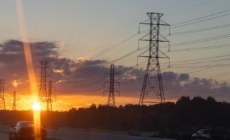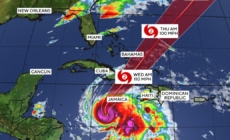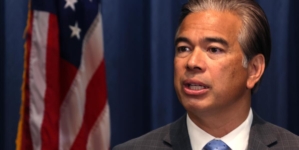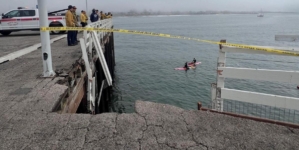In a statement from the Ministry of Foreign Affairs and Trade, the minister said at a press conference following the European Union’s Foreign Affairs and Energy Council meeting that they had also discussed the proposal to ban Russian energy imports, which has no energy, technical, security, or economic justification, but is based solely on political and ideological reasons.
The minister, speaking after the European Union’s Energy Council meeting, first pointed out that cutting off Russian energy sources would jeopardize Hungary’s security of supply, not to mention price increases.
In this regard, he emphasized that energy supply is not a political issue for Hungary, but a physical and geographical one, as the existing infrastructure is simply not capable of handling the necessary volume of imports if Russian natural gas and oil supplies are cut off.
And the European Commission has no clue (…) what the consequences of this package of measures will be for individual European countries,”
he emphasized.
Péter Szijjártó explained that Hungary has so far received crude oil via two routes, but as EU plans confirm, one of these would be eliminated.
he said.
“It was disappointing that the European Union’s energy commissioner had about five sentences to say about this package as a proposal and about the same as a closing statement. He did not give any technical reasons, only spouting political platitudes and propaganda,” he recalled, adding that Dan Jorgensen even left the meeting room at one point.
No one in the European Commission or here in Luxembourg cares about the impact this proposal will have on energy security. After this, no one should lecture us about European Union solidarity,”
he said.
He also warned that they would try to push the package through in open and gross violation of EU law, as it is in fact a sanction, which would require a unanimous decision and not a qualified majority. “So after this, any criticism of the rule of law from Brussels can be safely put in parentheses,” he said.
Péter Szijjártó explained that representatives of almost all member states boasted that they had long since eliminated Russian energy sources from their national energy mix. “I ask, then why do we need this whole package? The real, tangible effect of this package is simply that it will destroy the security of Hungary’s and, to a large extent, Slovakia’s energy supply,”
he noted.
“And then they also came up with the idea that we should not feed or finance Russia’s war machine with money. I beg you, what we Hungarians pay for Russian oil and Russian natural gas is barely 0.2 percent of Russia’s GDP. Surely no one seriously believes that if Russia does not get the money equivalent to 0.2 percent of its GDP, Ukraine will win this war or Russia will be brought to its knees?” he asked.
This proposal cuts off safe and reliable transport routes from Hungary, cuts us off from reliable suppliers, and puts us in a situation of serious dependence, placing certain countries and companies in a monopoly position,”
he emphasized.
He also pointed out that one of the main reasons for the package was diversification, but this would eliminate one of the two existing oil pipelines in Hungary, and the remaining one would not be able to supply our country on its own. In addition, transit fees have doubled here since the outbreak of the war in Ukraine.
During the most recent test, we detected two technical faults within 24 hours, which ultimately meant that the pipeline could only operate at maximum pressure for one hour,”
he emphasized.
“In the case of natural gas, we know exactly that after Ukraine interrupted transit, 18 billion cubic meters of incoming capacity was lost. Now, if the Turkish Stream also has to be cut off, that’s 8.5 billion cubic meters of lost capacity. Cutting off 26.5 billion cubic meters of annual incoming capacity from a country whose annual consumption is around 9 billion cubic meters shows how unreasonable the proposal is,” he said.
He then announced that Hungary had naturally voted against the initiative, but that the Council of the European Union had nevertheless accepted its position by a qualified majority.
Now the so-called tripartite consultation with the European Commission and the European Parliament is beginning, at the end of which this proposal will be brought back to the Council for a final decision,”
he said.
“I would like to make it clear that we will protect the Hungarian people. We will protect Hungary’s energy security and we will protect the results of the utility price cuts. We will not allow Brussels to impose brutal price increases on the Hungarian people. We will not allow the Hungarian people to pay many times more for utilities than they do now because of Ukraine. Therefore, we will use all political and legal means at our disposal to prevent this legislation from being adopted,” the minister concluded.
Related article
MOL CEO Warns of Fuel Price Hike If Russian Oil Pipeline Shuts Down
Zsolt Hernádi stresses supply security over price increases amid uncertainty around the Druzhba pipeline.Continue reading
Via MTI; Featured image: Pixabay
The post Foreign Minister Szijjártó Warns EU Oil Ban Would Shut the Tap on Energy Security appeared first on Hungary Today.
Source link































